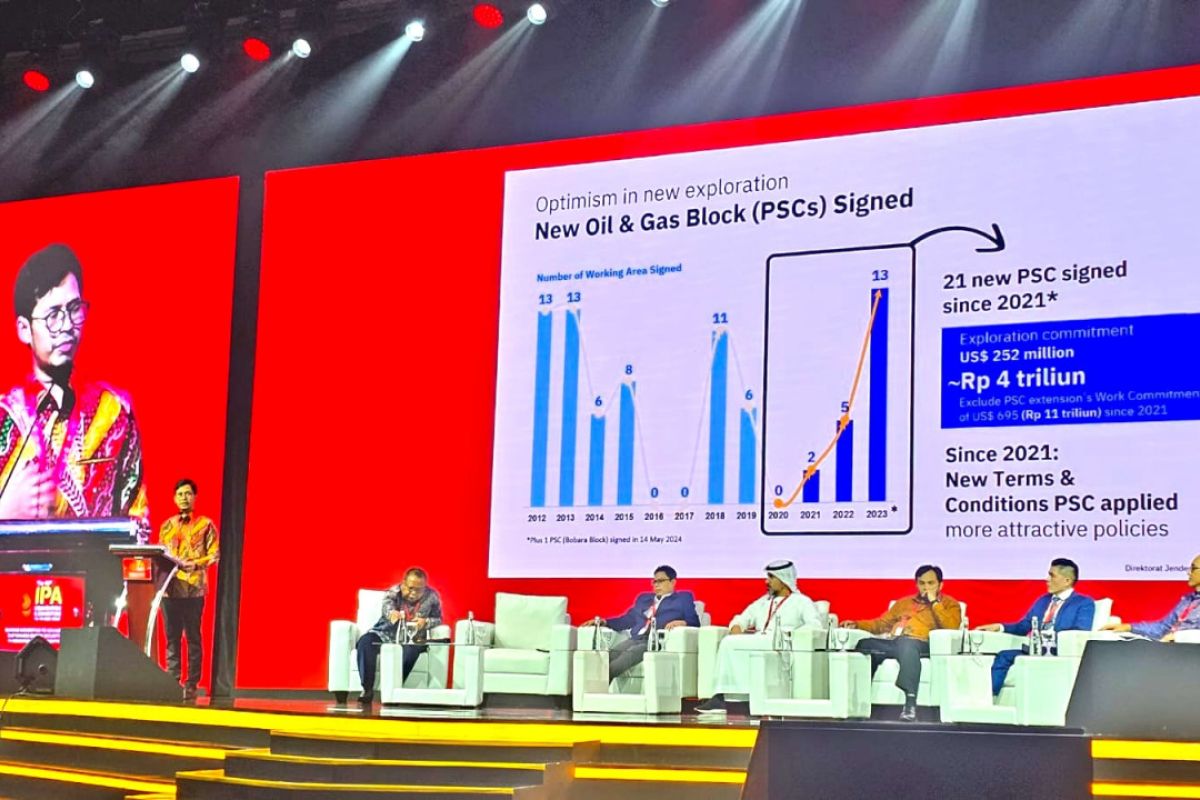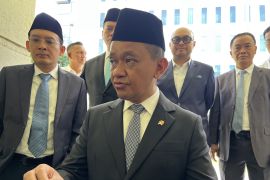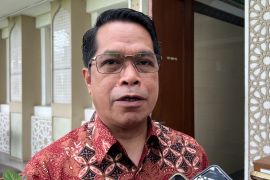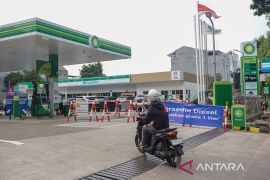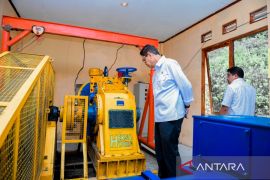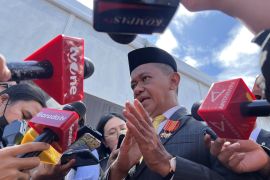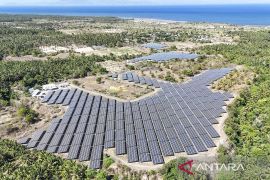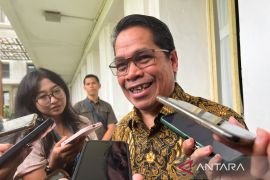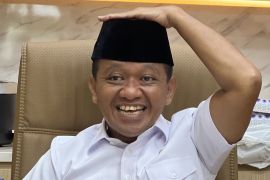Soemanto also said that the government continues to adapt to accommodate investor interests while still considering national interests.Jakarta (ANTARA) - The Ministry of Energy and Mineral Resources (ESDM) has made policy improvements since 2021 to draw the interest of investors in the Indonesian oil and gas sector.
Director of Upstream Oil and Gas Development of the ESDM Ministry, Ariana Soemanto, noted in a statement from the ministry in Jakarta, Friday, that the policies include the implementation of new production sharing contract (PSC) terms and conditions, exploration privileges, and upstream oil and gas incentives.
"Since 2021, the Ministry of Energy and Mineral Resources has improved its policy to increase investment in exploration and production. The first policy is the implementation of new terms and conditions for cooperation contracts," Soemanto remarked.
He made the statement at the Plenary Session of the Indonesia Petroleum Association Convention and Exhibition (IPA Convex) 2024 in Tangerang, Banten, Thursday (May 16).
"There are cost recovery and gross split contracts. The government no longer requires contractors to use gross split. This is a proof that the government is adapting," he remarked.
According to Soemanto, through ESDM Minister Regulation Number 35 of 2021, which regulates the terms and conditions of the new PSC, prospective Cooperation Contract Contractors can have contract scheme flexibility whether with cost recovery or gross split.
The government no longer requires contractors to use contracts with a gross split scheme, and that is a proof that the government policy continues to adapt to industry needs.
The regulation contains several aspects that draw potential investors, including increasing the terms and conditions of the PSC and a cheaper bank guarantee of US$500 thousand for a joint study.
Other attractive features are direct bidding without a joint study, unconventional hydrocarbon exclusivity that can be done by existing conventional contractors and to include joint study costs as operational costs.
Regarding exploration privileges, Soemanto explained that exploration data facility procedures also become easier with exploration commitments can be transferred to open areas and data membership fees that can be recovered.
The government also provides incentives during the exploration period that is being extended to a maximum of 10 years for contractors still keen to work to find reserves.
"For example, the discovery of five TCF gas reserves in the North Ganal WK, East Kalimantan. Without an extension of the exploration period, these gas reserves would not have been discovered," Soemanto remarked.
"From this policy, the Geng North reserve was discovered, which proves that government and contractor cooperation plays an important role in encouraging exploration," he added.
Meanwhile, regarding providing incentives for upstream oil and gas, Soemanto emphasized that the government is always open to negotiating to help contractors.
Various forms of fiscal or tax incentives can boost the economics of oil and gas projects.
Based on Ministerial Decree Number 199 of 2021 concerning Upstream Incentive Guidelines, 12 contractors have received improvements in project economics from the incentives provided, while 10 other contractors are still in the evaluation and negotiation process.
Soemanto also elaborated on future policy innovations that will be issued to support the upstream oil and gas industry, including the new simplified gross split PSC and the development of carbon capture storage (CCS) projects.
"There are at least two regulations that are being prepared, namely the new simplified gross split PSC, which is a complete overhaul of the existing model, including a more competitive distribution of profit sharing and clearer procedures for changing contract forms," Soemanto remarked.
"Apart from that, we are also currently formulating a Minister of Energy and Mineral Resources Regulation regarding Procedures for CCS Development," he added.
Soemanto also said that the government continues to adapt to accommodate investor interests while still considering national interests.
"We, the government, always assume that we are in the position of investors, but of course, we still have to maintain a fair position between national interests and the wishes of investors," he remarked. Related news: Oil and gas remain important amid global energy transition: Minister
Related news: Indonesia seeks new oil, gas suppliers amid Middle East conflicts
Translator: Kelik Dewanto, Cindy Frishanti Octavia
Editor: Arie Novarina
Copyright © ANTARA 2024
